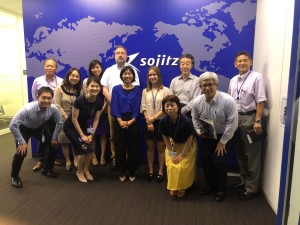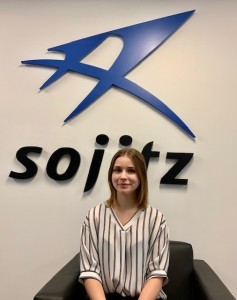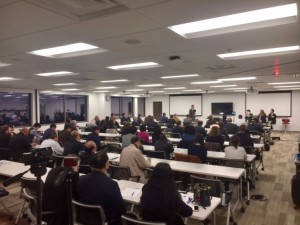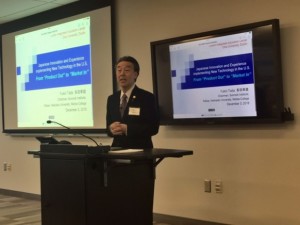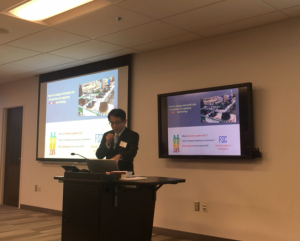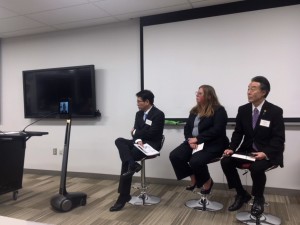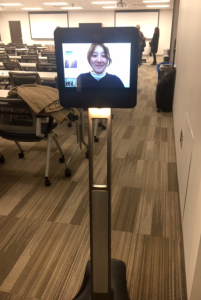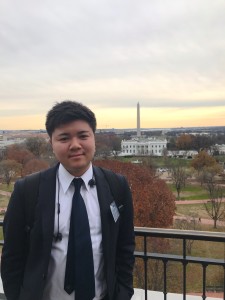Japanese Innovation and Experiences
Beyond “Shared Mobility” in Supply Chain
“Reverse Logistics Innovation”
The global shared mobility market was valued at US$ 105 billion in 2017. In the US market alone, merchandise returns were valued at US$360 billion in 2017. The return rate is rising, from 9% to up to 30% due to e-commerce. This concerning trend is big risk to keep retail markets sustainable, since you can only recoup 10% value from returned merchandise. As this field has not been studied fully, there is huge opportunity for academic research and also for business to be able to find undiscovered avenue for return reduction.
To promote research activities, Reverse Logistics Institute (RLI) is recently established in the US to focus on nonprofit projects with a goal of keeping retail markets sustainable. We will approach this theme incorporating a social science framework such as psychology, philosophy and sociology. To serve this purpose, we are now reaching out to academic and research institutions to collaborate and jointly study.”
Event Information
Date: Wednesday, October 30, 2019
Time: 4:00-5:00 PM
Place: Cooper Building 215, Department of Industrial Engineering and Management, Technion, Haifa, Israel
Agenda
4:00 p.m. Welcome Remarks, Prof. Yale T. Herer, Associate Professor in the Faculty of Industrial Engineering and Management, Technion
4:05 p.m. Presentations
- “Reverse Logistics Innovation”, Yoshihiro Sasaki, President, R-CUBES, Founder and President, Reverse Logistics Institute (RLI), Groveport Ohio, USA
- “Hybrid Choice Model”, Yoram Shiftan, Professor of Civil and Environmental Engineering, The Joseph Meyerhoff Chair in Urban and Regional Planning, Technion
4:45 p.m. Q&A and discussion
Moderator
Mr. Yukio Tada, Founder, 501C3 CEPEX, Nitobe Fellow, Hokkaido University

